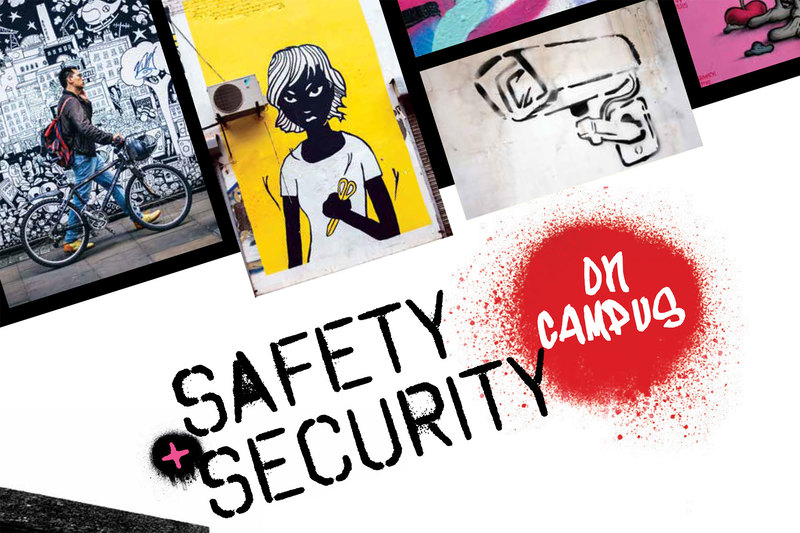Safety and security on campus
24 January 2019
The University of Cape Town (UCT) takes the safety and security of students and staff very seriously. Check out the frequently asked questions (FAQs) below and stay safe both on and off campus.
Who is responsible for safety at UCT?
Campus Protection Services (CPS) is in charge of the safety and security of UCT, and its students and staff. The CPS 24-hour hotline number is 021 650 2222/3.
How does CPS keep campuses safe?
CPS has a four-pronged approach:
- Presence: Uniformed staff patrol the campus on foot and in vehicles, and their presence acts as a positive deterrent against criminals.
- Engineering: Equipment installed to enhance security includes fencing, gates and closed-circuit television (CCTV).
- Education: Meetings and workshops are held with students and staff to create awareness of security issues, and provide advice on how to deal with various situations.
- Enforcement: In extraordinary circumstances CPS will take whatever appropriate action is necessary to maintain order and security on campus.
What do I do if I am criminally threatened?
No material possession is worth endangering your life. If an armed person (or someone who claims to be armed) confronts you, give up your property immediately, get out of danger and contact CPS.
What’s the best way to protect my property?
Theft is the most common crime on campus. The best means of prevention is to reduce or remove the opportunity.
- Keep doors locked and windows closed when you’re not in.
- Don’t leave backpacks or bags unsupervised in public places.
- Keep a record of serial numbers and a description of your valuables.
- Never leave items within view inside a parked car.
- Invest in a steering or gear lock for your car, and a bike lock for your two-wheeler.
What if the Jammie Shuttles aren’t running?
CPS will escort students from campus to their residences, either by car or on foot. But please understand that there may be delays – CPS’s core function on campus is not the transportation of students.
What about taking Ubers and taxis?
- Request your ride inside a building – don’t spend time outside alone with your phone in your hand.
- Share rides whenever possible and/or tell a friend where you are going.
- Don’t get into an empty taxi, and don’t sit in the back seat.
- Only take taxis that are clearly identified with official markings.
- If a taxi goes off route, demand that the driver stop to let you out.
- Don’t display jewellery, cameras, cellphones and other valuables.
- Keep your handbag shut and close to you, and keep your wallet out of sight.
What do I do in the case of sexual assault or rape?
Call CPS on 021 650 2222/3 or Survivor Support on 072 393 7824 (24/7). There is always a consultant on duty who can be called upon to offer advice and to ensure that all the critical procedures have been followed. Call a friend or relative for support.
CPS officers are trained to deal with the situation. Allow them to assist. You may ask to be assisted by a female CPS officer. Ensure that the matter is reported to the local police. Important evidence will be lost if a rape victim takes a bath, shower, or changes their clothes.
What safety precautions should I take on campus?
- Use the Blue Safe Walk – it has emergency phones and is monitored by camera.
- Always keep your valuables out of sight, and never carry large sums of cash.
- Lock doors and windows, even when leaving your room for a short time.
- Save emergency numbers on your phone, and print a copy for your desk.
- Get to know your neighbours and keep an eye out for one another.
Where can I find information about security issues on campus?
Call CPS on 021 650 2222/3 for official information, and follow the university’s official news and social media accounts for updates. Don’t assume that fellow students have all the facts right at all times.
 This work is licensed under a Creative Commons Attribution-NoDerivatives 4.0 International License.
This work is licensed under a Creative Commons Attribution-NoDerivatives 4.0 International License.
Please view the republishing articles page for more information.






